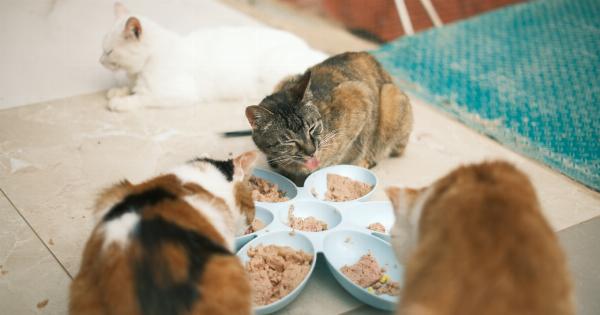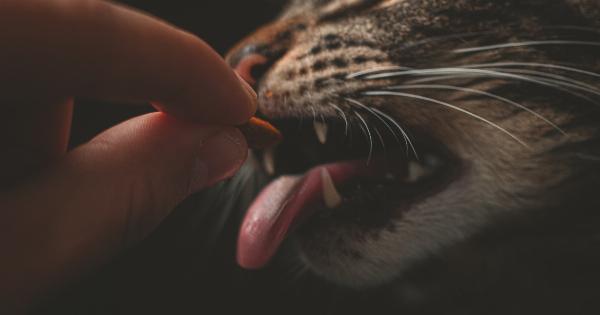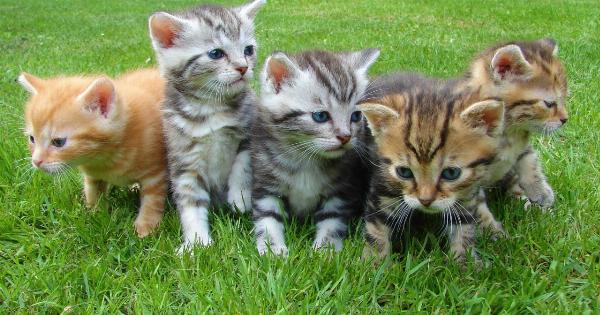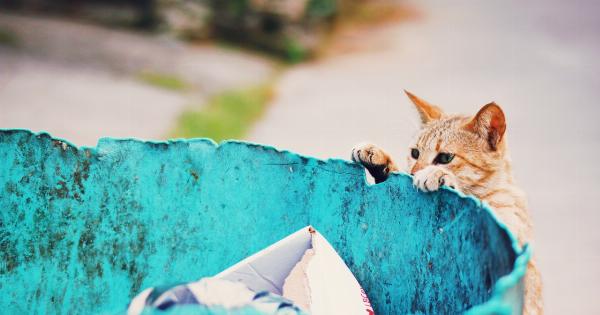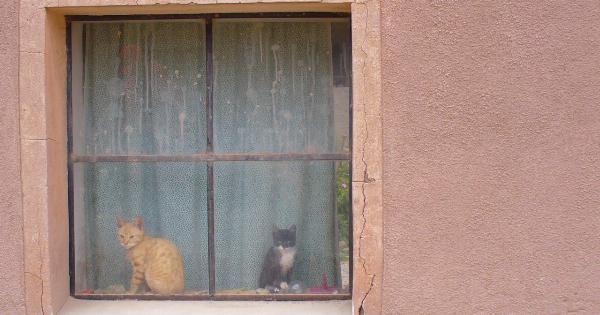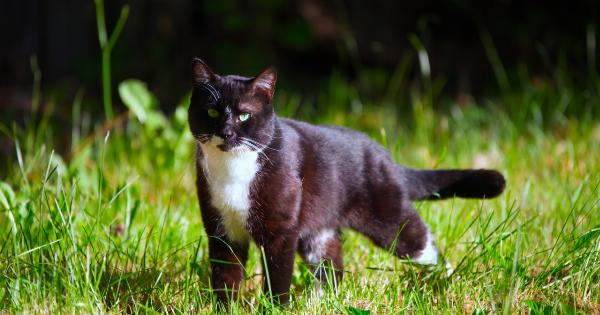Calcium is a vital nutrient that plays a crucial role in maintaining the health and well-being of your cat.
It is essential for the proper functioning of various bodily processes, including bone development, muscle contraction, nerve transmission, and blood clotting. A deficiency or an excess of calcium can have serious implications for your feline friend. In this article, we will explore the importance of calcium in your cat’s diet and how you can ensure they are receiving an adequate amount.
Understanding Calcium in Cats
Calcium is a mineral that is necessary for the growth and maintenance of strong bones and teeth. It also plays a crucial role in muscle function, nerve transmission, and hormone secretion.
Cats, like humans, require a certain amount of calcium in their diet to ensure optimal health and well-being.
The Benefits of Calcium for Cats
Calcium is particularly important during your cat’s growth and development stage. Kittens require a higher intake of calcium to support the development of their bones and teeth.
Adequate calcium intake helps prevent skeletal abnormalities and promotes healthy bone growth.
Calcium also plays a vital role in maintaining the normal functioning of your cat’s muscles. It aids in proper muscle contraction and relaxation, allowing your cat to move and play without any difficulties.
Additionally, calcium is essential for nerve transmission, ensuring that messages are carried smoothly throughout the body.
Furthermore, calcium is involved in the regulation of blood clotting. It helps in the formation of clots to prevent excessive bleeding in case of injury.
Without sufficient calcium, your cat may experience prolonged bleeding or difficulty in stopping bleeding altogether.
Sources of Calcium
There are various sources of calcium that can be included in your cat’s diet. One of the primary sources of calcium is through the consumption of high-quality cat food.
Most commercially available cat foods are formulated to provide the necessary amount of calcium for cats of different life stages. It is essential to choose a cat food brand that meets the nutritional requirements recommended by veterinarians.
Another source of calcium is through raw meaty bones. These bones not only provide calcium but also offer a range of other essential nutrients. However, it is crucial to ensure that the bones you provide are safe for your cat to consume.
Cooked bones, especially those from poultry, can splinter and cause serious injury to your cat. Always consult with your veterinarian before adding raw bones to your cat’s diet.
Supplements can also be used to provide additional calcium to your cat. However, it is important to consult with your veterinarian before introducing any supplements to ensure they are appropriate for your cat’s specific needs.
The Dangers of Calcium Deficiency
A lack of calcium in your cat’s diet can have detrimental effects on their health. Calcium deficiency, also known as hypocalcemia, can lead to weakened bones, brittle teeth, and skeletal abnormalities.
Symptoms of calcium deficiency may include muscle tremors, weakness, lethargy, and difficulty in walking or climbing stairs.
In extreme cases, calcium deficiency can result in a condition known as eclampsia or milk fever. This condition typically occurs in lactating cats and can be life-threatening.
It is crucial to provide sufficient calcium to lactating cats to prevent the development of eclampsia.
The Dangers of Excess Calcium
While calcium deficiency can be harmful, consuming excessive amounts of calcium can also have negative consequences. Hypercalcemia, or an excess of calcium in the blood, can lead to a range of health issues.
In cats, excessive calcium intake can contribute to the formation of urinary stones or bladder crystals, causing discomfort and potential urinary tract blockage.
Hypercalcemia can also lead to gastrointestinal upset, including vomiting and constipation. It may also interfere with the absorption of other essential nutrients, leading to imbalances in the body.
Calcium Requirements for Cats
The exact calcium requirements for cats can vary based on factors such as age, life stage, and overall health. Kittens require more calcium during their growth and development stage, while adult cats have lower calcium needs.
Pregnant or lactating cats also have increased calcium requirements due to their reproductive demands.
As a general guideline, the Association of American Feed Control Officials (AAFCO) recommends a minimum of 0.6% calcium on a dry matter basis for adult maintenance cat food.
However, it is important to note that the specific calcium requirements may vary among different cat food brands and formulations.
Consulting with your veterinarian is crucial to determine the optimal calcium intake for your cat, as they can evaluate your cat’s individual needs and make appropriate recommendations.
Signs of Calcium Imbalance
It is essential to monitor your cat for any signs of calcium imbalance. Symptoms of calcium deficiency or excess may include:.
- Muscle tremors or weakness
- Lethargy
- Vomiting or digestive upset
- Difficulty in walking or climbing stairs
- Excessive thirst or urination
- Loss of appetite
- Bone fractures
- Urinary issues
If you notice any of these symptoms, it is essential to consult with your veterinarian promptly. They can perform appropriate diagnostic tests and provide the necessary treatment or dietary adjustments.
Conclusion
Calcium is a vital nutrient that plays a critical role in maintaining the health and well-being of your cat.
From supporting bone development to ensuring proper muscle function and blood clotting, calcium is involved in numerous essential processes in your cat’s body.
Providing a balanced and nutritious diet that meets your cat’s calcium requirements is crucial. High-quality cat foods formulated by reputable brands are often designed to provide the necessary amount of calcium.
Additionally, raw meaty bones and appropriate supplements can be included in your cat’s diet under the guidance of a veterinarian.
Remember, it is important to consult with your veterinarian to determine the optimal calcium intake for your cat. Regular veterinary check-ups and monitoring your cat for any signs of calcium imbalance are key to ensuring their health and well-being.






